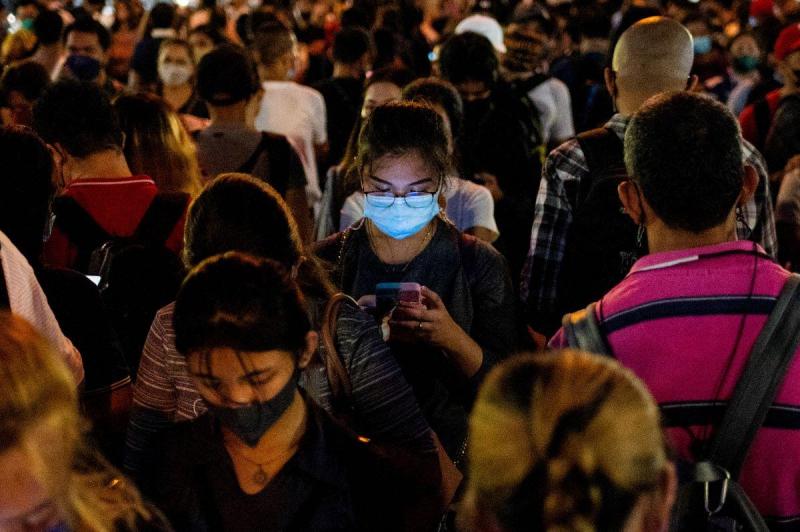What has been described as a groundbreaking research has shown that almost four out of every 10 journalists covering the climate crisis and environment issues have been threatened as a result of their work, with 11% subjected to physical violence.
A global survey of more than 740 reporters and editors from 102 countries showed that 39% of those threatened “sometimes” or “frequently” were targeted by people engaged in illegal activities such as logging and mining. Some 30%, meanwhile, were threatened with legal action – reflecting a growing trend towards corporations and governments deploying the judicial system to muzzle free speech.
The global survey which was conducted by Internews’ Earth Journalism Network (EJN) and Deakin University, is the first-of-its-kind scrutiny of the challenges faced by journalists covering arguably the most pressing – if not existential – issues of our time.
The Covering the Planet report includes in-depth interviews with 74 journalists from 31 countries about what help they need to do a better job reporting extreme weather, plastics pollution, water scarcity, and mining as global heating and unchecked corporate greed pushes the planet to its limits.
The majority said that climate and environmental stories have more prominence – relative to other subjects – than a decade ago, but the volume of coverage of the climate crisis is still not commensurate with the gravity of the problem.
Record-breaking temperatures, storms, floods, drought and wildfires are striking with increasing intensity across the world, with low-income communities, Indigenous peoples and people of color the most vulnerable to climate impacts. Slow-onset disasters such as sea level rise, glacier melts, ocean acidification and desertification are also driving forced migration, hunger and other human health disasters.
Despite the breadth and magnitude of the problems, 39% of journalists surveyed reported having self-censored – mostly due to fear of repercussions from “those undertaking illegal activities” or the government. It’s not just that some reporters and editors feel compelled to exclude potentially important information from their audience – 62% reported including statements from sources who are skeptical of anthropogenic (human-caused) climate change or climate science, in the misguided belief that this was required for balance.
Story was adapted from the Guardian.
